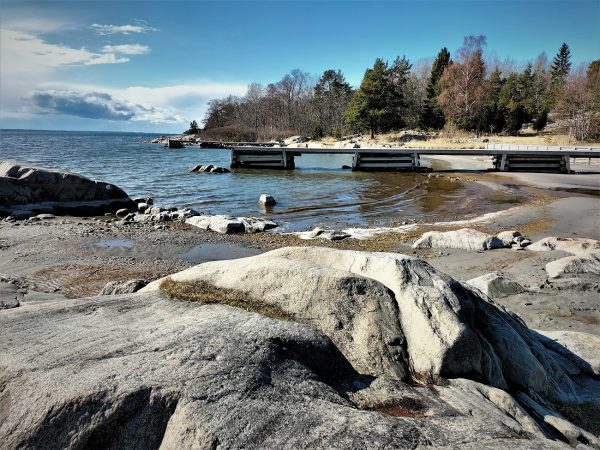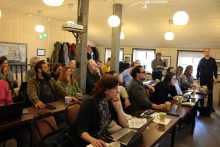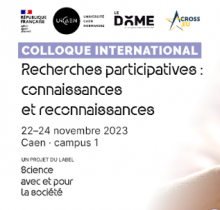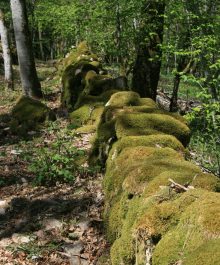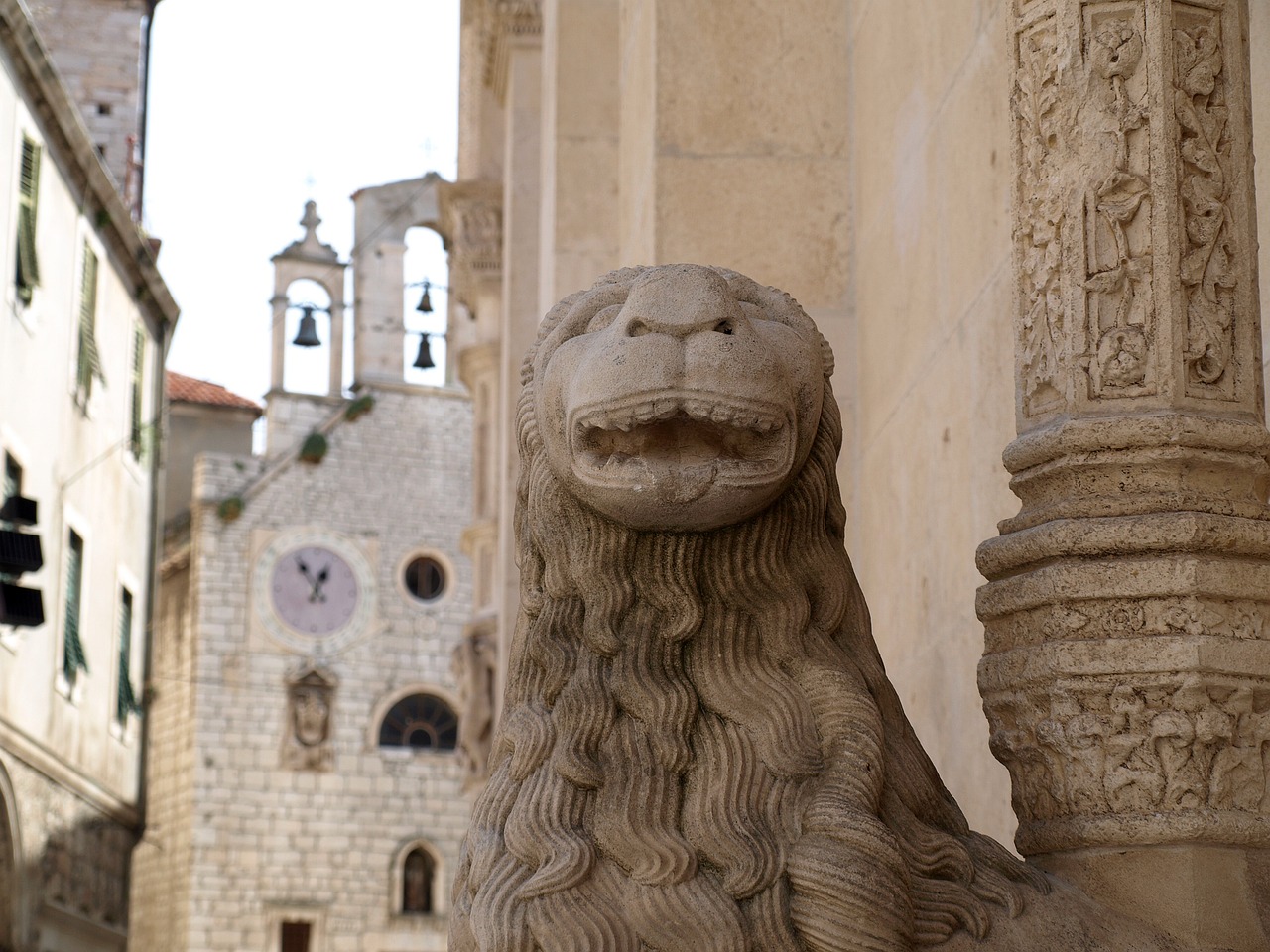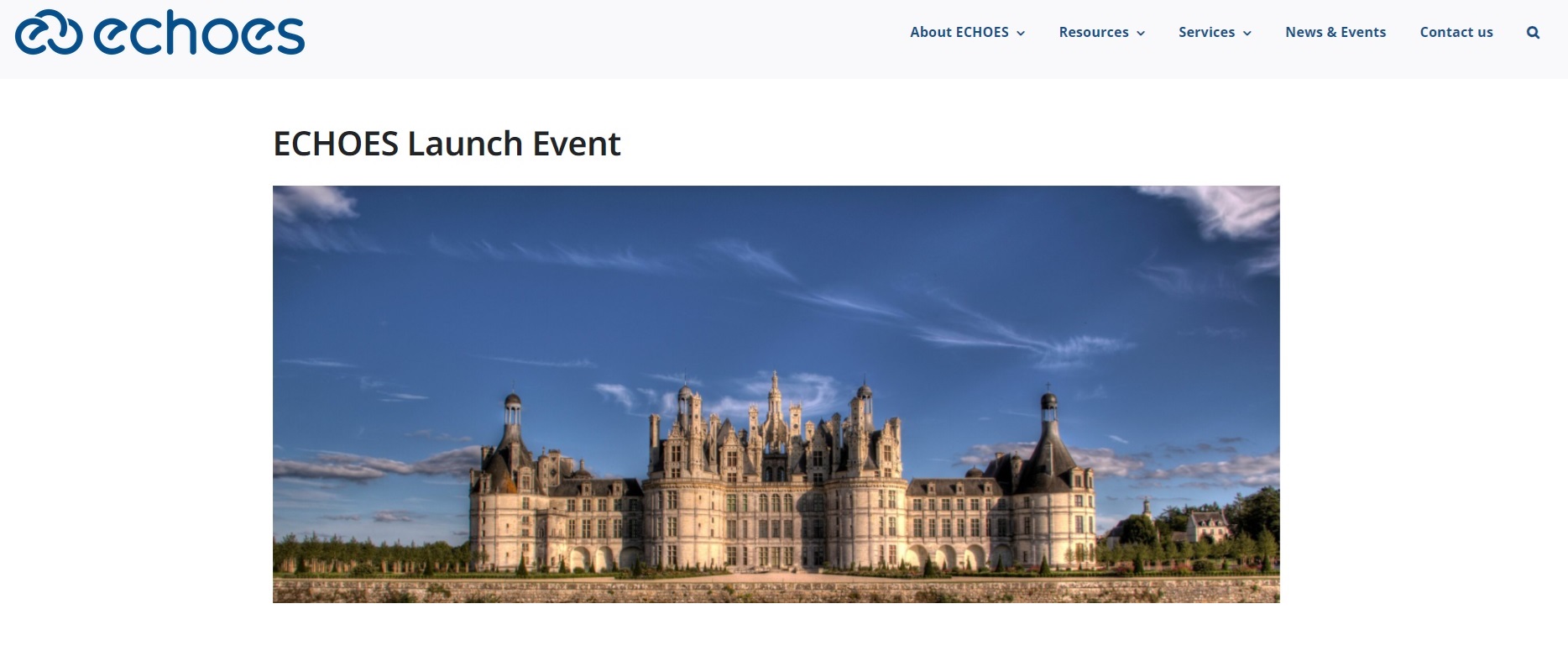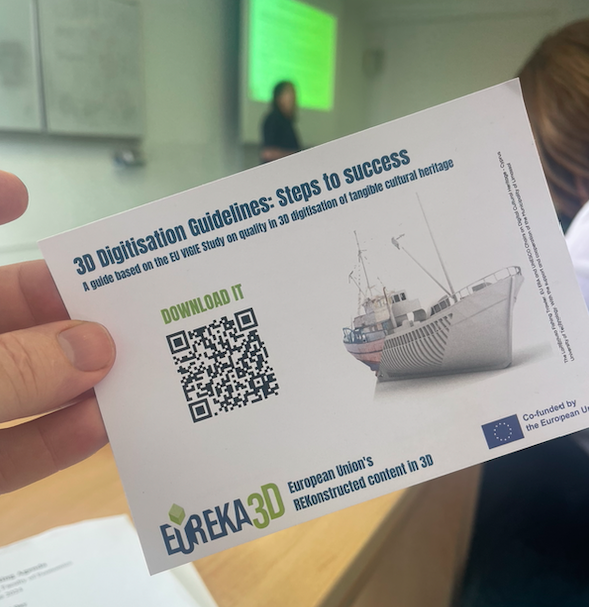All photos in this blog courtesy of Pietro Masi (Promoter s.r.l.)
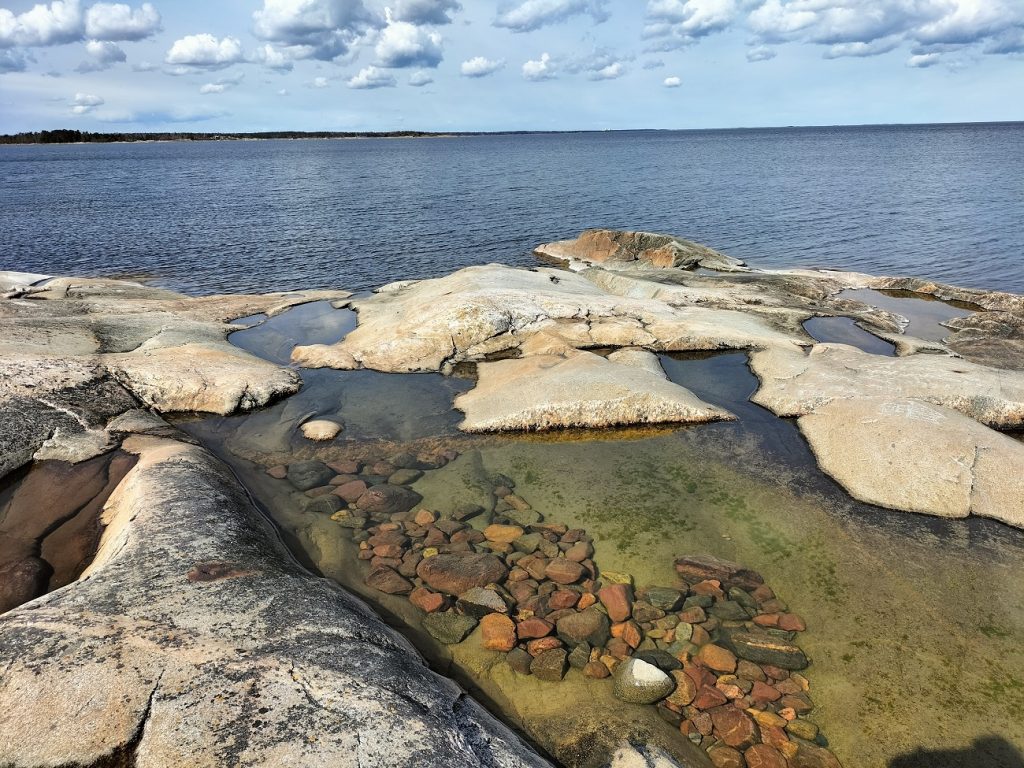
On the occasion of the third project meeeting organized in Uppsala in April 2023, partner Promoter traveled to Sweden to visit the location of INCULTUM Pilot 10 Escape into the Archipelago Landscape. A unique feature of Swedish tourism is that Sweden has more than 250,000 islands (far more than any other country) located along the coasts or in the ca. 100,000 lakes.
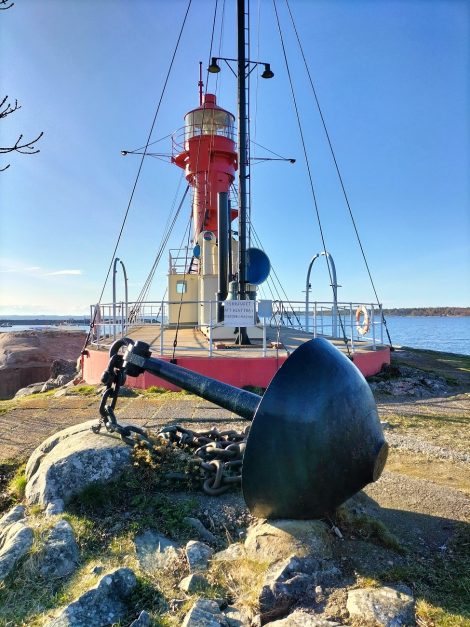 Due to the low population density and a tourism that is mostly concentrated in urban areas, several parts of Sweden have rich archipelago amenities with low exposure to visitors. This unique under-developed rural landscape offers a number of coastal areas for recreation and tourism.
Due to the low population density and a tourism that is mostly concentrated in urban areas, several parts of Sweden have rich archipelago amenities with low exposure to visitors. This unique under-developed rural landscape offers a number of coastal areas for recreation and tourism.
Three of the destinations facing this issue in Sweden are the island of Gotland, the Roslagen area, with its close geographical proximity to the capital of Sweden, and the largest inland island area of Torsö. With different distances to larger urban attractions, these places will constitute a comparative case. With an amplified understanding of tourists’ interests and behaviour patterns, the Pilot aims at gaining insight into how information and selection of activities can be designed during the tourists’ stay, so as to be able to meet their wishes. Understanding how to attract tourism to the more remote areas is highly prioritized among politicians and residents in Sweden.
The areas selected for the INCULTUM analysis are rural to peri-urban in nature and have a rich heritage of farming and forestry, mining/foundry or lake/canal sailing or fishing employment. A training and participative programme of encounters with local guides and other stakeholders, in Torsö, in Öregrund, and with students of Uppsala University is supporting the research, by sharing the insights on tourism behavious and discussing ideas of potential tourism development especially on sights and activities, information and communication, and transport and infrastructure.
